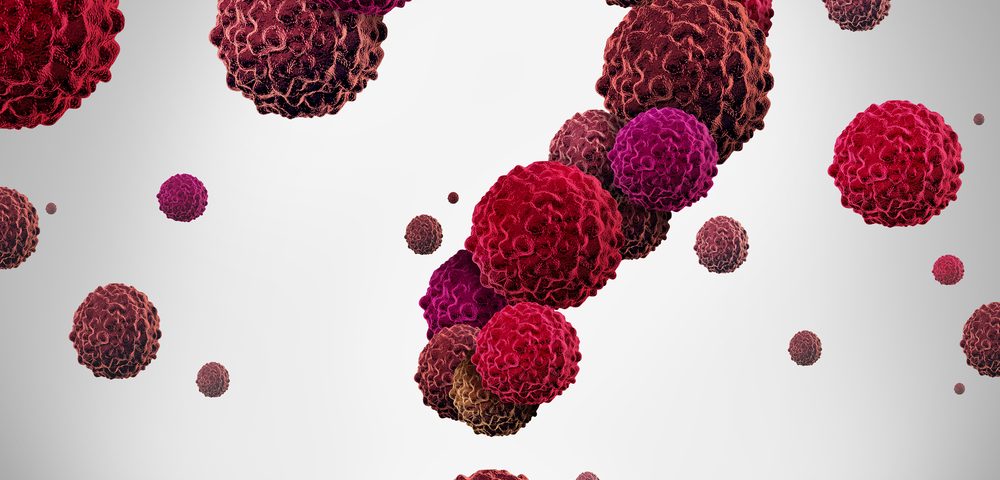Proteins that contribute to the development of Ewing’s sarcoma, a form of bone cancer, also may play a role in prostate cancer, a new study suggests.
The study, “An Interaction with Ewing’s Sarcoma Breakpoint Protein EWS Defines a Specific Oncogenic Mechanism of ETS Factors Rearranged in Prostate Cancer,” was published in the journal Cell Reports.
Ewing’s sarcoma is a rare bone cancer that affects one in one million children and young adults. The disease is very aggressive, and 44% of teens (aged 15-19) and 30% of children who develop it eventually die from it.
This rare disease arises from errors in the process of chromosome (the structure in which DNA is organized within the nucleus of the cell) repair, allowing the merger of two separate gene segments into a mutant hybrid gene, known as a fusion gene. One of these genes is called EWS and the other is a gene that produces a group of proteins, called ETS.
In the human body, 28 genes are responsible for the production of the ETS proteins. Among these genes, four – ETV1, ETV4, ETV5, and ERG – are known to cause prostate cancer. ERG alone has been associated with more than 50% of all prostate cancers; the other three genes have been implicated in about 7% of cases.
Using mice and cultures of prostate cancer cells, researchers found that the four proteins produced by these four genes (and not proteins from the rest of the ETS group of proteins) were able to interact with the mutated and non-mutated EWS protein, suggesting that the molecular mechanisms responsible for the Ewing’s sarcoma also can be at play in prostate cancer.
“This research shows that the molecular mechanism involved in the development of most prostate cancers is very similar to the molecular mechanism known to cause Ewing’s sarcoma,” Peter Hollenhorst, PhD, senior author of the study, said in a press release. “It also suggests that this mechanism might be used to explore a common treatment for both diseases, one of which is not often pursued by drug companies due to its rarity,” he said.
“This is significant because it suggests that any compound that disrupts EWS-ETS interaction would specifically inhibit the function of the four oncogenes and not the others, which play important roles in the healthy function of the body,” Hollenhorst added.
The team introduced the human form of the ERG gene in mice, thus triggering the formation of tumors. They then tried the same approach with a mutated form of the gene that no longer allowed the interaction with the EWS gene, and observed that the tumors were not able to form anymore. This result confirmed that the interaction between prostate cancer ERG gene and the Ewing’s sarcoma EWS gene was crucial for the development of prostate cancer in mice.
“Together, the results indicated that the interaction between ERG and EWS is important for tumor formation,” Hollenhorst said. “We chose to focus our greatest efforts on the ERG protein since it is responsible for over 50 percent of all prostate cancers, and therefore the potential to benefit the greatest number of people.”

